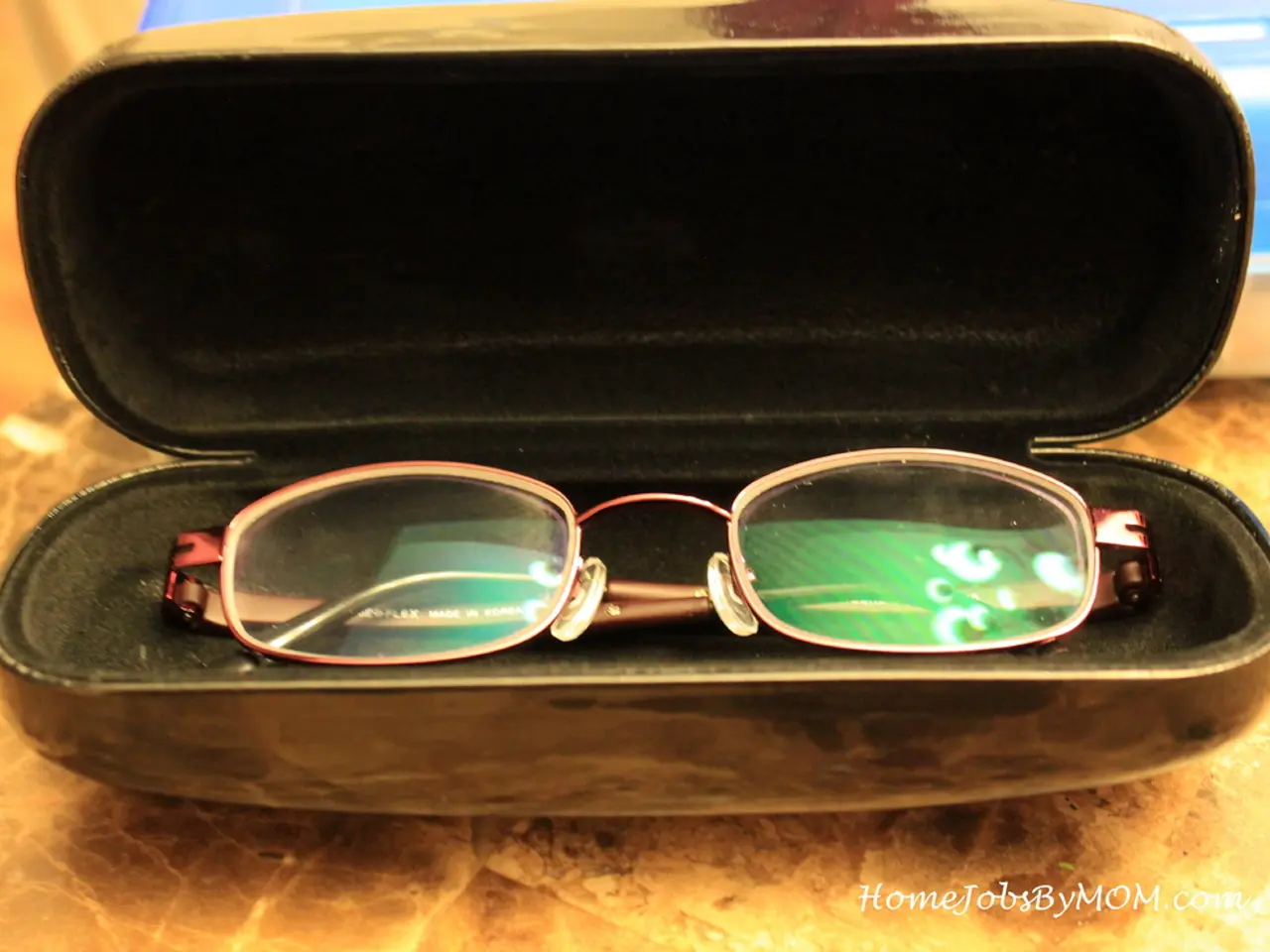Virtual reality's market share is being usurped by smart glasses, as indicated by Meta's financial reports from 2025.
Meta, the tech giant behind Facebook, is making significant strides in the realm of smart glasses and virtual reality (VR) headsets. Here's a roundup of the latest developments:
Meta's recently launched Oakley Meta HSTN smart glasses boast improved image stabilization and better battery life. The company is also working on the Meta Hypernova, a smartphone-priced device with a single-lens display and sEMG gesture bracelet.
In the VR sphere, Meta is set to release a lighter version of the Quest 3, codenamed "Puffin," which weighs less than 500g. This lighter design is expected to make a significant difference. Interestingly, the Quest 4 has reportedly been canceled in favour of a radical new design that resembles goggles more than a traditional VR headset.
Meta is also focusing on augmented reality (AR) enhancements powered by artificial intelligence (AI). The company views smart glasses as a central personal computing device of the future, aiming to integrate AR displays into lenses that understand and interact with users' context throughout the day.
Specifically, Meta is likely to continue building on its existing Ray-Ban Stories smart glasses, potentially releasing advanced models with more sophisticated AR features and dedicated sensors possibly related to neurotech. Limited test releases of next-gen AR glasses may happen within the next year or two under projects like "Nazaré."
Mark Zuckerberg has emphasized massive capital spending on AI infrastructure and talent in 2025, with a vision that smart glasses incorporating AI and AR will become primary computing devices, replacing or reducing reliance on smartphones over time. The market for smart glasses is expected to grow robustly, with Meta currently leading over 60% of shipments last year and projections of annual shipment growth ranging from 27% to over 60% through 2030.
Meta plans to ramp up production to sell 10 million Ray-Ban Meta Smart Glasses a year. Susan Li, Meta's CFO, has revealed that Meta's Reality Labs division's revenue in the first two quarters of 2025 was driven by increased sales of Ray-Ban Meta glasses and partially offset by lower Quest headset sales.
Meta has also been more transparent with developers this year, offering insights like how to develop for the "Goldilocks" session time and suggestions to push for free-to-play content. The company has invested another $3.5 billion into EssilorLuxottica, the parent company behind Ray-Ban and Oakley, and has sold over 2 million Ray-Ban Meta Smart Glasses as of February 2025.
In addition, Meta has partnered with Xbox, which has driven eyes to the Quest brand among gamers. The Xbox Meta Quest 3S sold out at Meta's website in a matter of days. Meta is also expected to release another pair of Oakley Meta smart glasses based on the Sphaera style, a third generation of Ray-Ban Meta Smart glasses, and its first pair of commercially available smart glasses with a screen in the lenses.
As for the Quest store, it was revamped last Summer, allowing indies to jump straight to the main listings. Big, long AAA-quality games like Asgard's Wrath 2 didn't pan out for Meta, but similar titles with big names like Batman Arkham Shadow and the upcoming Deadpool VR show more promise.
In summary, within the next 6-12 months, Meta is expected to further develop AR smart glasses with AI-driven contextual awareness, possibly release limited test versions of advanced AR glasses under ongoing projects like Nazaré, invest heavily in AI and infrastructure to power smart glasses' capabilities, and maintain and expand its market leadership amidst rapidly growing smart glasses adoption.
Meta is not only advancing in the development of smart glasses, such as the Oakley Meta HSTN and potential advanced models of the Ray-Ban Stories, but also exploring the potential of virtual reality (VR), like the lighter Quest 3 codenamed "Puffin." Furthermore, the tech giant is leveraging data-and-cloud-computing and artificial intelligence (AI) to integrate smartphones' functionalities into these smart glasses, with a goal to make them primary personal computing devices.




